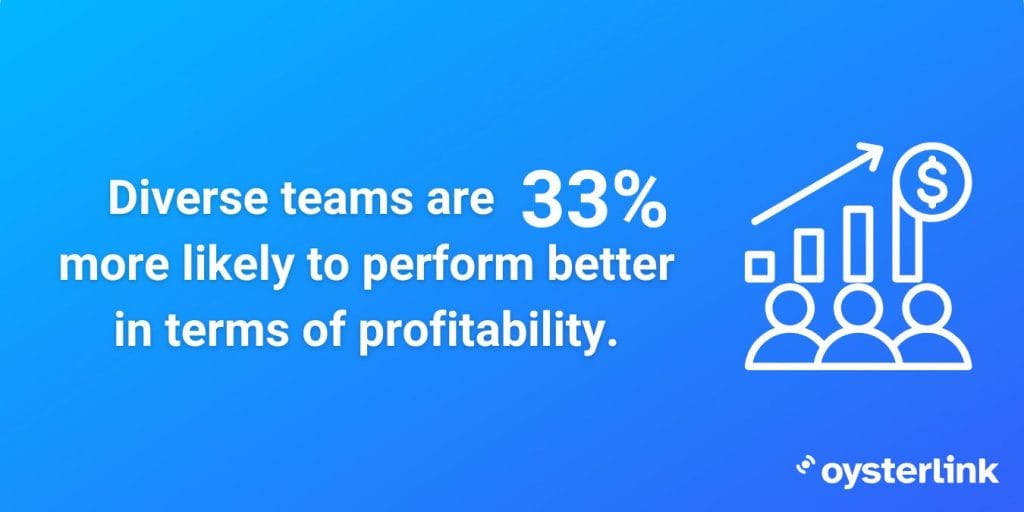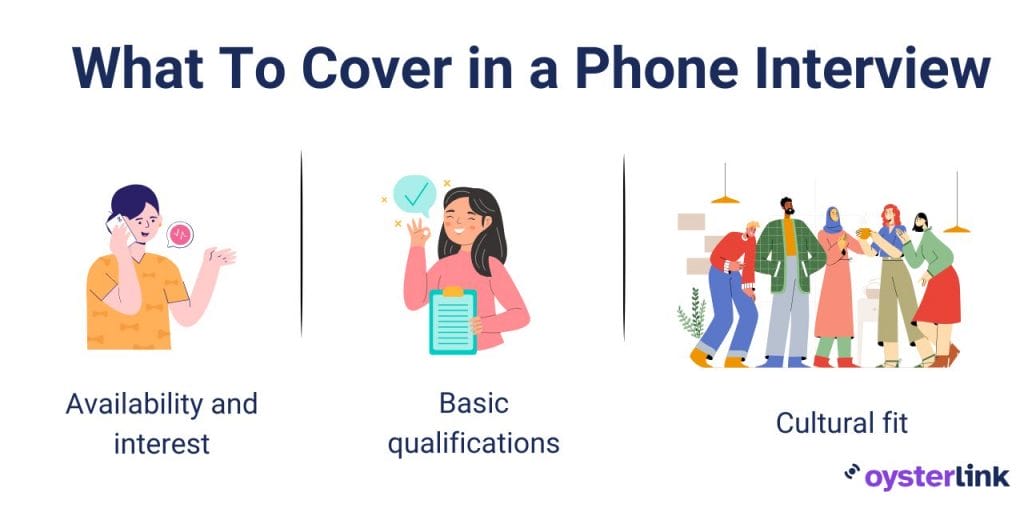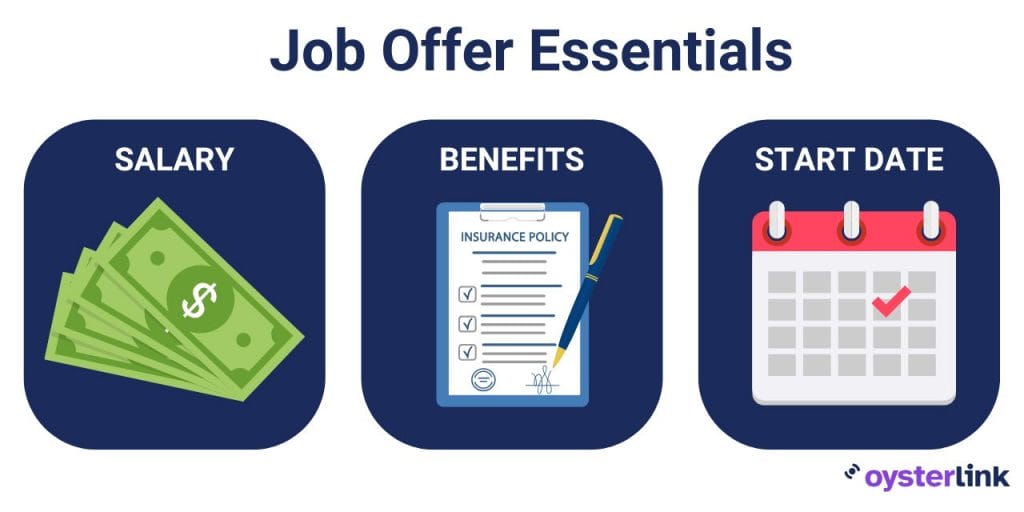Finding the right Kitchen Manager can be challenging, as it requires a combination of culinary expertise, leadership and organizational skills.
This guide will provide comprehensive steps to help you through the hiring process, ensuring that you find a qualified professional who will contribute to your kitchen’s success and help meet your business goals.
Define the Role and Key Qualifications of a Kitchen Manager
Defining the role of a Kitchen Manager is essential for attracting the right candidates and ensuring a smooth hiring process. It helps set clear expectations for job duties, which is key in guiding both the candidate and the hiring team.
A typical Kitchen Manager’s duties include overseeing kitchen operations, managing inventory and liaising with other departments like front-of-house staff and suppliers.
In addition to defining the job, it’s important to identify the skills and qualifications necessary for success in this role. A Kitchen Manager should possess strong leadership, organizational and communication skills to oversee kitchen staff and manage operations effectively.
While formal education isn’t a strict requirement for this role, having a degree or certification in culinary arts or restaurant management can provide a competitive edge.
By specifying these requirements, you can attract candidates who are well-equipped to manage your kitchen’s complex demands.
Create an Effective Kitchen Manager Job Description
Creating an appealing job description is crucial when hiring a Kitchen Manager, as it sets the tone for potential candidates and ensures you attract individuals with the right skills and experience.
A strong job description should include:
- Job title: Clearly define the position, using a title that reflects the role accurately and is commonly understood in the industry.
- Responsibilities: This section should convey the scope of work to give candidates an idea of their day-to-day responsibilities.
- Qualifications: Specify the necessary qualifications, including education requirements and experience. Highlight essential skills like leadership, organization and the ability to work under pressure.
- Company details: Include information about your business, its culture and why it’s a great place to work. This helps candidates assess whether they align with the company’s values and work environment.
Clarity and inclusivity are essential when writing a job description. Clear language helps reduce confusion and attract the right talent, while inclusivity fosters a welcoming environment for candidates from diverse backgrounds, ensuring compliance with anti-discrimination laws.
According to a report from McKinsey, diverse teams perform better because they bring different perspectives, which help solve problems and come up with new ideas. This diversity leads to better business results and higher profits.

Decide Where To Post Your Job Ad
When hiring a Kitchen Manager, selecting the right platforms to advertise your job opening is essential for reaching qualified candidates. Here’s a breakdown of the best platforms for posting your job.
General job boards
Job boards like Indeed, Glassdoor and ZipRecruiter are widely used across various industries and provide access to a large pool of candidates. These platforms are user-friendly and offer tools for managing applications, filtering resumes and tracking the hiring process.
While free postings are available, they typically come with limitations, such as fewer listings or less visibility for job ads. Paid plans, which offer more prominent placement and additional features, can help increase visibility but can be costly depending on the level of exposure and duration of the posting.
A challenge with general job boards is the high volume of applications, which can make sorting through resumes time-consuming. With the wide reach these platforms provide, you may attract many applicants, but this could also mean having to sift through a large number of unqualified candidates.
Overall, general job boards are effective for reaching a broad audience. However, businesses should be prepared for the potential costs of paid plans and the lengthy process of reviewing a high volume of applications.
Industry-specific job boards
Hospitality-specific job boards like Culinary Agents, Hcareers and OysterLink are valuable platforms for attracting candidates with expertise in the culinary arts and restaurant management.
These platforms cater directly to individuals seeking hospitality or restaurant roles, making them highly effective for filling positions like Kitchen Manager.
Among the various hospitality-specific job boards, OysterLink stands out due to its combination of cost-effective features and valuable resources. It not only allows businesses to create a job listing for free using tailored job description templates but also provides comprehensive interview guides.
Social media
Social media platforms like Facebook Jobs and LinkedIn are valuable tools for targeting candidates within specific locations, allowing you to filter applicants based on geographic preferences.
These platforms also offer the opportunity to promote your employer brand, helping to attract talent that aligns with your company’s culture and values.
However, social media can sometimes attract less experienced candidates for more senior roles unless you use advanced targeting features, particularly on LinkedIn. Additionally, vetting applicants on social media may require more manual effort compared to other platforms.
Another factor to consider is the potential cost. While using social media for recruitment can be free, achieving the best results often involves investing in paid features, such as sponsored posts or job ads, to increase visibility.
These costs can add up, especially if you’re running targeted campaigns across multiple platforms or need professional assistance to optimize your recruitment strategy.
In conclusion, social media can be effective for sourcing talent, but it may require extra attention to detail, a thoughtful strategy and an awareness of potential costs to ensure you’re reaching the right candidates.
Conduct Initial Phone Screenings
Phone screenings are an essential step in the hiring process, allowing you to quickly assess a candidate’s basic qualifications, gauge their interest in the role and determine whether they’re a good fit for your team.
By using this efficient screening tool, you can save time and resources before moving to in-person interviews. Here are some key areas to focus on during the call:
Availability and interest
One of the first things to assess during a phone screening is a candidate’s enthusiasm for the position and their availability to start.
You’ll want to confirm that their timeline aligns with your needs. Understanding a candidate’s eagerness can also help you gauge whether they will remain committed long-term.
Basic qualifications
Checking basic qualifications during a phone screening is essential to ensure that candidates have the necessary experience and skills to perform the role effectively.
For positions like Kitchen Manager, you need someone with experience in managing kitchen teams, ensuring food safety standards and overseeing daily kitchen operations.
Cultural fit
A candidate’s ability to integrate into your team is just as important as their technical skills. Ask about their management style, their experience working in diverse teams and how they resolve conflicts.
Research by Harvard Business Review suggests that cultural fit plays a significant role in employee retention, with employees who feel aligned with their company’s culture being more likely to stay long-term. Understanding how a candidate approaches leadership and teamwork can provide valuable insight into how well they’ll mesh with your existing team.
By focusing on these three main areas, availability and interest, basic qualifications and cultural fit, you can streamline the phone screening process and identify candidates who are most likely to succeed in the role.

Interview Candidates
A structured interview process is crucial for evaluating a Kitchen Manager candidate’s ability to manage both kitchen operations and a team. While culinary skills are essential, it’s equally important to assess how the candidate handles leadership challenges, problem-solving and high-pressure situations.
Two key types of questions to focus on are experience and skills-based questions and problem-solving and emergency response questions.
Experience and skills-based questions
These questions are designed to gauge a candidate’s previous experience in managing kitchen staff and operations. You’ll want to understand how they motivate their team, handle day-to-day operations and ensure efficiency in the kitchen.
Questions in this category can focus on specific skills or past roles, allowing candidates to demonstrate how their experience aligns with the needs of your kitchen.
For example, asking about their prior experience in managing kitchen inventory, overseeing food preparation or controlling costs can help you understand their operational knowledge and leadership abilities.
Problem-solving and emergency response questions
The ability to manage crises and resolve problems swiftly is essential for a Kitchen Manager, especially given the fast-paced, high-stress environment of a kitchen.
Problem-solving questions can reveal how a candidate approaches unexpected challenges and maintains composure under pressure. You can also assess their approach to handling conflicts within the team, as managing team dynamics is a key part of their role.
These questions give insight into their decision-making process, their ability to handle emergencies (such as accidents or equipment failure) and their overall crisis management skills.
Offer the Position and Negotiate Terms
After selecting the right candidate for your Kitchen Manager position, it’s important to clearly outline the terms of the offer. This includes discussing key details like salary, benefits and the start date.
Salary
Make sure your salary offer is competitive with industry standards for the role. Research the typical salary range for Kitchen Managers in your area to ensure your offer is aligned with current market expectations.
Be open to discussing salary expectations and negotiating terms, especially if the candidate has unique qualifications or experience that warrant a higher compensation package.
Benefits
Beyond salary, it’s important to highlight any benefits your company offers, as they can greatly influence a candidate’s decision to apply. Health benefits, in particular, can play a significant role. Offering comprehensive health insurance can make your job posting more attractive, as many job seekers prioritize health coverage when considering new opportunities.
Other benefits, such as paid time off (PTO), performance bonuses and retirement plans, can also enhance the overall appeal of your offer.
Providing competitive benefits can help you attract top talent and contribute to long-term employee satisfaction.
Start date
Be clear about your expectations for the candidate’s start date. Some candidates may need to give notice at their current job or make relocation plans, so agree on a realistic timeline for their transition into the role.
Being flexible with the start date can help ease their transition and ensure they can begin the role smoothly.

Onboard Your New Kitchen Manager
A thorough and welcoming onboarding experience will not only help the new hire feel more comfortable but will also improve retention and productivity in the long run.
Here’s what to include:
- Orientation: Introduce the new hire to the company culture, key team members and operational workflows. This will help them understand the company’s values and mission, which is crucial for effective leadership.
- Training: Offer hands-on training, especially for any specialized kitchen equipment or software systems your business uses. This ensures that your new hire can efficiently perform their duties from day one.
- Team introductions: Make sure they meet with both kitchen and front-of-house staff to build relationships and understand team dynamics. Collaboration between the back and front-of-house is key to running a smooth operation.
Retain Your Kitchen Manager
Retention is critical for long-term success in any restaurant or kitchen operation. A good retention strategy will keep your Kitchen Manager motivated and engaged, reducing turnover and ensuring stability in your kitchen leadership.
Consider the following strategies:
- Competitive compensation: Offering a salary and benefits package that reflects the importance of the role is essential. It shows your Kitchen Manager that their contribution is valued and can help reduce the likelihood of them seeking opportunities elsewhere.
- Growth opportunities: Provide clear paths for career advancement. Whether it’s the possibility of moving into higher leadership roles or other professional development opportunities, growth prospects can motivate employees to stay and develop within the company.
- Positive work culture: Foster an environment that encourages teamwork, recognition, and continuous learning. A positive, supportive work culture helps ensure that your Kitchen Manager stays engaged and committed to the success of the kitchen.

Written by Rea Gierran
With a background in Communication Arts, Rea’s expertise lies in content marketing and copywriting. Her published works can be seen on online news websites such as Rappler and Adobo magazine. Outside of her work, Rea takes on the role of a “momager” for Shiro, a TikTok dogfluencer.

Edited by Marcy Miniano
Marcy is an editor and writer with a background in public relations and brand marketing. Throughout her nearly decade-long career, she has honed her skills in crafting content and helping build brands across various industries — including restaurant and hospitality, travel, tech, fashion and entertainment.




